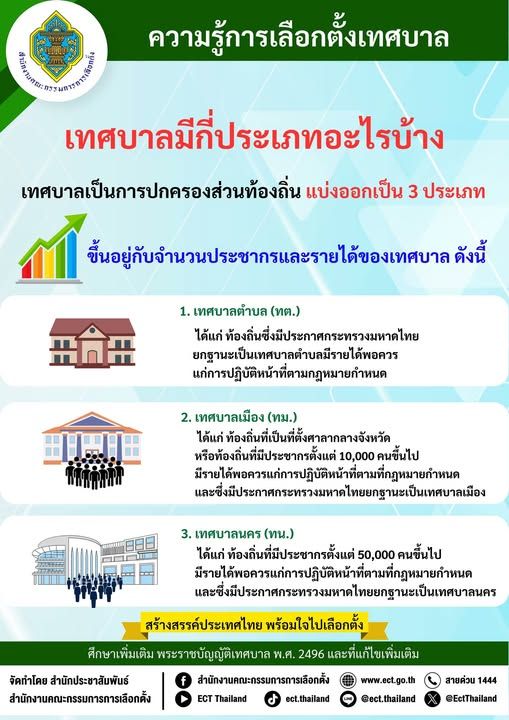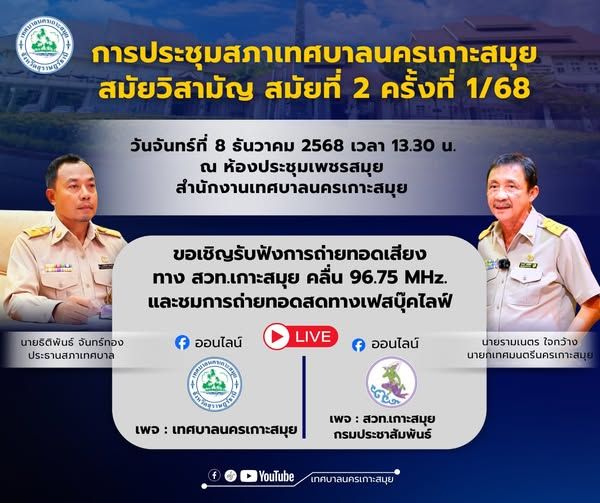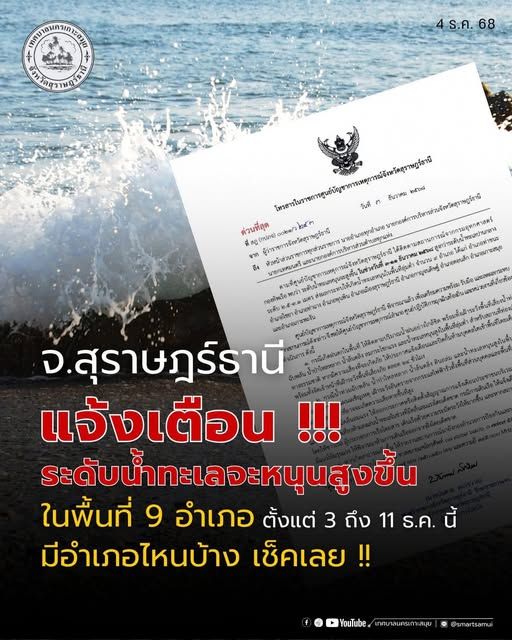Understanding Municipal Elections
Municipal elections are a fundamental aspect of local governance, allowing residents to select leaders who are responsible for the administration and development of their communities. These elections are typically held periodically, following national or local government schedules, and are vital for maintaining democratic processes at the grassroots level.
Types of Municipalities
Municipalities are classified based on their size, population, and the scope of their administrative duties. In many countries, including Thailand, there are generally three main types of municipalities:
1. City Municipality (Thesaban Nakhon)
A city municipality is the highest classification and is typically established in densely populated urban areas. These municipalities manage significant infrastructure, public services, and development projects. They have a broad range of administrative powers and are often led by a mayor and a municipal council.
2. Town Municipality (Thesaban Mueang)
Town municipalities serve medium-sized urban centers. They offer administrative services similar to city municipalities but on a smaller scale. Town municipalities are responsible for various local services, such as waste management, road maintenance, and local law enforcement, tailored to their population size and needs.
3. Subdistrict Municipality (Thesaban Tambon)
Subdistrict municipalities cover rural or less populated areas, often encompassing several villages. Their administrative functions focus on providing essential services, development planning, and supporting local economic activities. These municipalities are crucial for representing the interests of smaller communities within the regional governance structure.
Key Functions of Municipalities
- Local Infrastructure Development: Municipalities oversee the creation and maintenance of roads, public parks, and community centers.
- Public Health and Safety: Management of health clinics, emergency services, and environmental sanitation.
- Education and Welfare: Some municipalities run schools, community programs, and support social welfare initiatives.
- Administrative Services: Issuing permits, maintaining civil records, and ensuring local regulations are followed.
The Election Process
Municipal elections involve the selection of council members and mayors. The process usually includes candidate registration, campaigning, voting, and result declaration. Voters must be registered residents of the municipality and meet eligibility criteria such as age and citizenship.
Important Dates and Resources
The next municipal election is scheduled for Sunday, May 11, 2025. Residents are encouraged to participate and make informed choices about their local government.
For further information, contact the Samui Municipal Election Coordination Center:
– Phone: 077 421421-2 ext. 180 or 089-3170313
– Website: https://sites.google.com/view/samuielection2568/
Stay updated with local announcements and visit the official website for candidate details, voting locations, and other election-related resources.




